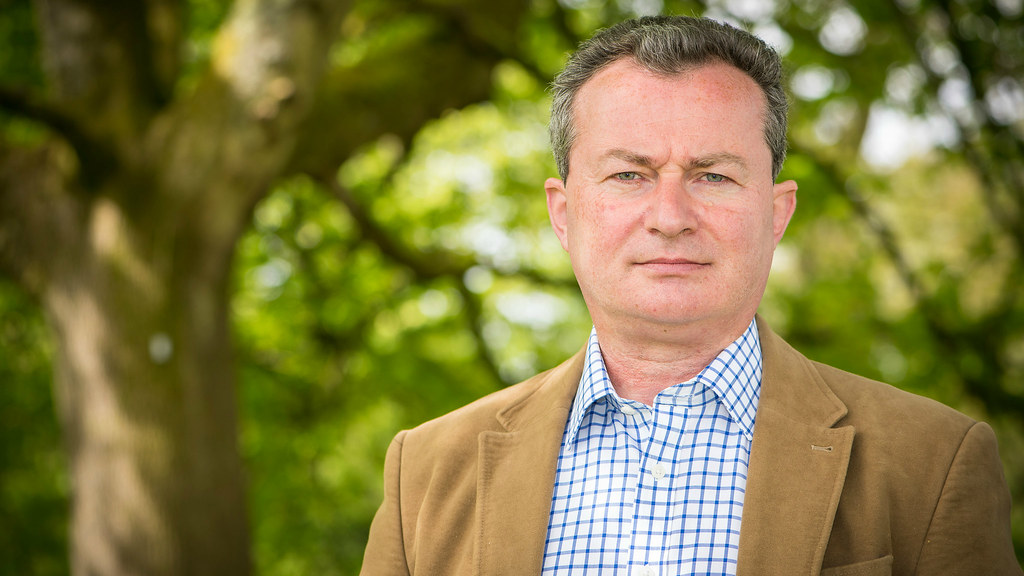As a Fellow of the Royal Society, Professor Hurst joins such scientific luminaries as Newton, Darwin and Hawking. He will be formally inducted as a Fellow of the Royal Society at a gala event at the Society’s London headquarters in July.
The Academy of Medical Sciences, also based in London, appoints Fellows for their outstanding contribution to the advancement of medical science. Fellows include fertility expert Professor Lord Robert Winston and President of the Royal Society Sir Paul Nurse.
It is a rare honour to hold both these titles, with Emeritus Professor Cheryl Tickle being the only other scientist at the University to be a Fellow of the two societies.
An expert on the evolution of genes and genomes, Professor Hurst’s pioneering work on mutations previously assumed to be unimportant, has applications in the treatment and diagnosis of genetic diseases such as Crohn’s, cystic fibrosis and cancer.
Professor Hurst said: “I’m thrilled and honoured to be elected as a Fellow by both of these institutions.
“As a scientist, there are few things more satisfying than having your work recognised by your peers.”
Professor Hurst joined the University in 1997 following spells at Collegium Budapest, the University of Cambridge, Harvard University and the University of Oxford.
Professor Rod Scott, Head of Biology & Biochemistry, said: “I'm naturally delighted for Laurence for this richly deserved accolade, but also for its significance to the future of evolution research at Bath, which is incredibly exciting.”
University of Bath Vice-Chancellor, Professor Dame Glynis Breakwell, commented: "Professor Hurst thoroughly deserves this recognition. His work on evolution is important and influential.
"He is a scientist who can make a great contribution to our understanding of some of the most difficult problems now facing us."
85 per cent of the University’s Biological Sciences research was recently assessed as world-leading or internationally excellent in the recent independently-assessed Research Excellence Framework 2014.

